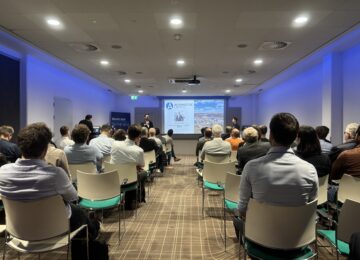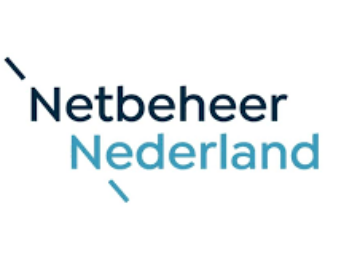"Forming parties, move from consultation to resolution"
While the Netherlands eagerly awaits a new cabinet, the political landscape remains littered with unanswered questions and unavoidable problems. Future leaders are being asked to really start governing now. The current cabinet formation thus offers an enormous opportunity to break through impasses and make clear choices. For a long time we have relied on the resilience of our society to today's challenges, also in our energy policy. But this has not always proved foolproof. We are proud of the reliability of our electricity infrastructure, and rightly so. Yet we are also surprised by the recent developments that the
system under pressure. It is proving difficult to let go of the "copper plate" principle and make real work of smart and flexible solutions, including energy storage in electricity, heat and molecules.
Insufficient flexibility affects us all
Sufficient storage is needed to balance the energy system and prevent overloading. If this is not in order, everyone will be affected: the student taking the train to an exam, the company with growth ambitions, the homeowner with solar panels, and also the tenant worried about the energy bill. Protecting energy security is therefore a fundamental task of government, especially for the most vulnerable. The question here is no longer whether we want an energy transition, but how to keep it as simple and affordable as possible for citizens and businesses. This requires sufficient flexibility through storage and conversion. While the market is eager to get started, uncertainties remain high. A clear goal for storage, such as exists for solar, wind and electrolysis, is lacking. In addition, decisions must be made on location and incentives.
More measures needed
Grid operators speak of a "social engineering problem. Nothing new - humanity has always had to contend with scarcity. Therefore, we must seize every means. Proposals such as the time-limited discount on grid tariffs for the high-voltage grid and the battery subsidy for solar PV are a step in the right direction. However, elaboration takes time that we do not have. While we wait for more information about the future energy mix, reality catches up with us. To reduce the enormous costs of grid congestion, the framework conditions must be in place. Current measures, such as accelerated retrofitting and mandatory retrofitting of industry, have been called "unorthodox. But will this be enough? Energy storage can quickly decongest the grid and make renewable energy more efficient. This ensures lower energy prices and protects the Dutch economy. From the government's point of view, therefore, commitment to energy storage is not an end in itself, but necessary to maintain control over the energy transition.
Make bold choices today
Other countries within the EU are actively pursuing policies for the deployment of energy storage, for example by temporarily exempting it from network tariffs. Failure to make such choices in the Netherlands not only creates great uncertainty but also puts pressure on our competitive position. Therefore, a new administration should set clear goals toward 2030 and 2050 to achieve enough storage where the benefits for the Netherlands are greatest. Not wait until the problems are so big that we have to, but steer ourselves towards the desired capacities and locations. Tomorrow's solution requires courageous choices today. Further delaying difficult choices will only make the social costs higher in the long run. These times call for politicians who are not afraid of criticism and dare to opt for innovative solutions and technologies. Hopefully the forming parties will take this responsibility seriously and manage to move from consultation to solution.
Peter Oortmann
Advocacy project manager at Energy Storage NL
This column was published in Storage Magazine March 2024





